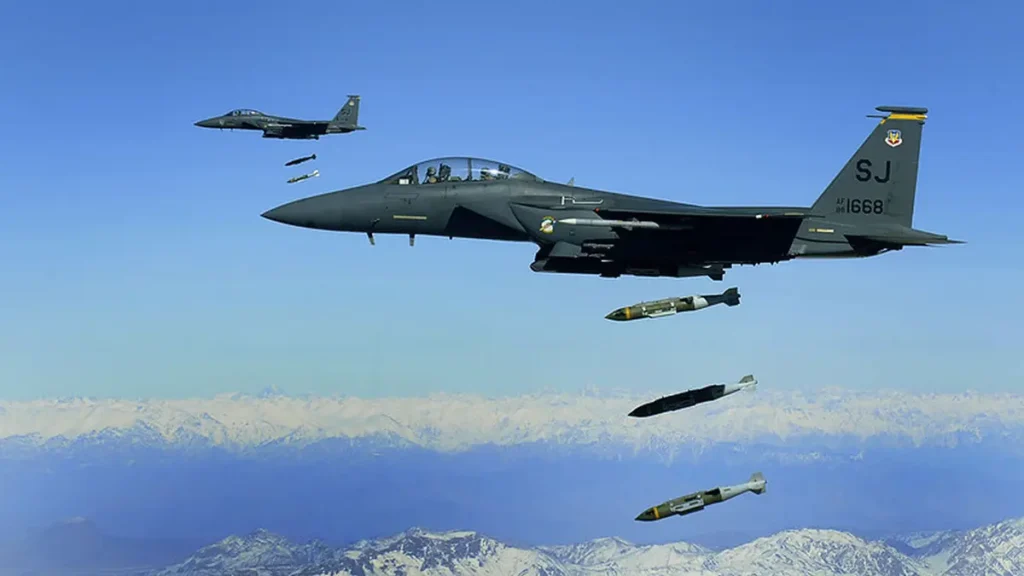The United States military has killed four people in an attack on a boat off the coast of Venezuela, which officials claim was transporting large quantities of narcotics.
US Defence Secretary Pete Hegseth confirmed the strike in a statement on X, saying the operation took place in international waters within the US Southern Command’s area of responsibility, which covers most of South America and the Caribbean.
“The strike was conducted while the vessel was transporting substantial amounts of narcotics headed to America to poison our people,” Hegseth wrote. He added that intelligence confirmed the vessel was part of a known narco-trafficking route and described those on board as “narco-terrorists.”
President Donald Trump also addressed the attack on his Truth Social platform, claiming the boat carried enough drugs “to kill 25 to 50 thousand people.” However, US authorities have not released evidence supporting this claim, nor identified the individuals who were killed.
This latest strike marks the fourth deadly operation against alleged drug boats in the past month. At the start of September, 11 people were killed in a similar operation in the southern Caribbean. Two additional strikes later in the month left six more dead.
The escalating campaign has drawn criticism across Latin America. Venezuela’s President Nicolás Maduro has repeatedly condemned the strikes, calling them “acts of US aggression.” Colombia and several international legal experts have also questioned whether such attacks comply with international law.
A leaked memo to Congress this week revealed that the US now considers itself in a “non-international armed conflict” with drug cartels. This classification allows the administration to use broader wartime powers, such as targeting suspected traffickers as “enemy fighters” even if they pose no direct threat.
While Washington defends the strikes as self-defense against drug-related threats, critics warn that the legal justification remains shaky. As operations continue, tensions between the US and regional governments are likely to intensify.

